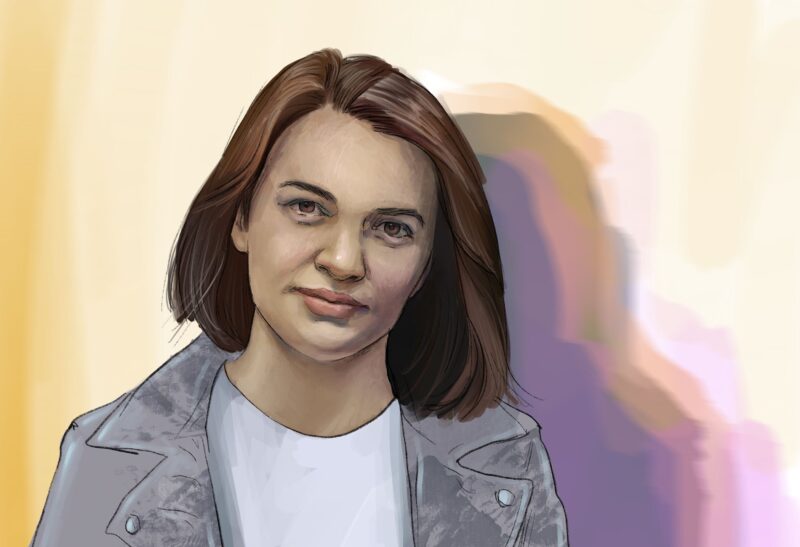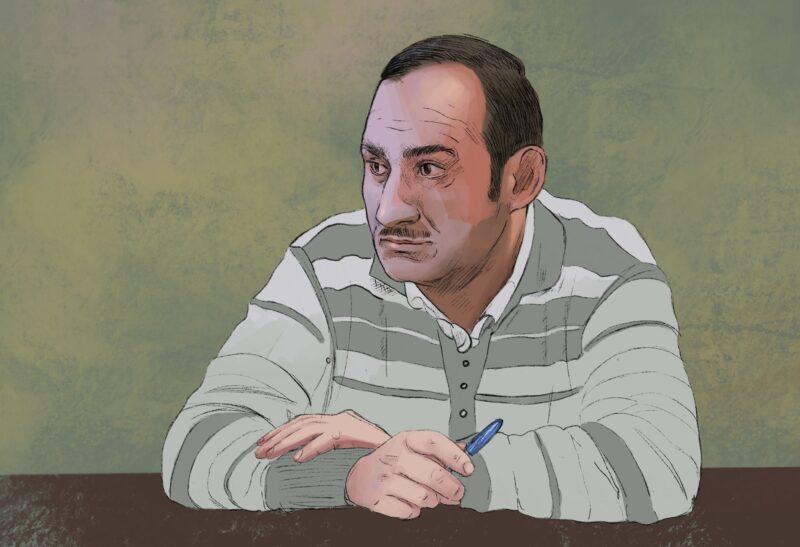The trial of Azerbaijani public activist Zaka Miragayev, who has been imprisoned for over a year, is nearing its conclusion in the Baku Court of Serious Crimes, where he faces charges of large-scale drug possession and distribution.
On October 28, the court proceedings, led by Judge Kamran Mukhtarov, wrapped up the investigation phase. The prosecutor argued that evidence supported Miragayev’s guilt under Article 234.4.3 of the Criminal Code, which addresses drug-related offenses, and requested a sentence of 7 years and 6 months.
Miragayev’s lawyer, Elchin Sadigov, countered by arguing that the accusations are baseless, with no solid evidence beyond police testimony. He claimed his client’s detention was a response to his critical social media posts about the police and Interior Minister Vilayat Eyvazov, asserting that his client had been defamed and framed for his outspoken views.
According to Miragayev’s testimony, a police officer named Najaf planted drugs on him in retaliation for his criticism, staging his arrest as if it happened on the street rather than at his home.
Sadigov requested an acquittal for Miragayev, who, in turn, asked the court for additional time to prepare his final statement. The court granted his request, scheduling the continuation for November 4.
Following Miragayev’s arrest, the Ministry of Internal Affairs denied allegations that his detention was politically motivated, calling the claims unsubstantiated and merely the views of Miragayev’s family members. The ministry insists the investigation is based on factual evidence and maintains that no one in Azerbaijan is prosecuted for political beliefs.
Miragayev’s case reflects a broader pattern in Azerbaijan, where numerous socio-political and religious activists have been imprisoned on similar drug-related charges they claim are fabricated in response to their activism. Azerbaijani authorities, however, assert that these arrests are grounded in legitimate criminal evidence, rejecting accusations of political targeting.



